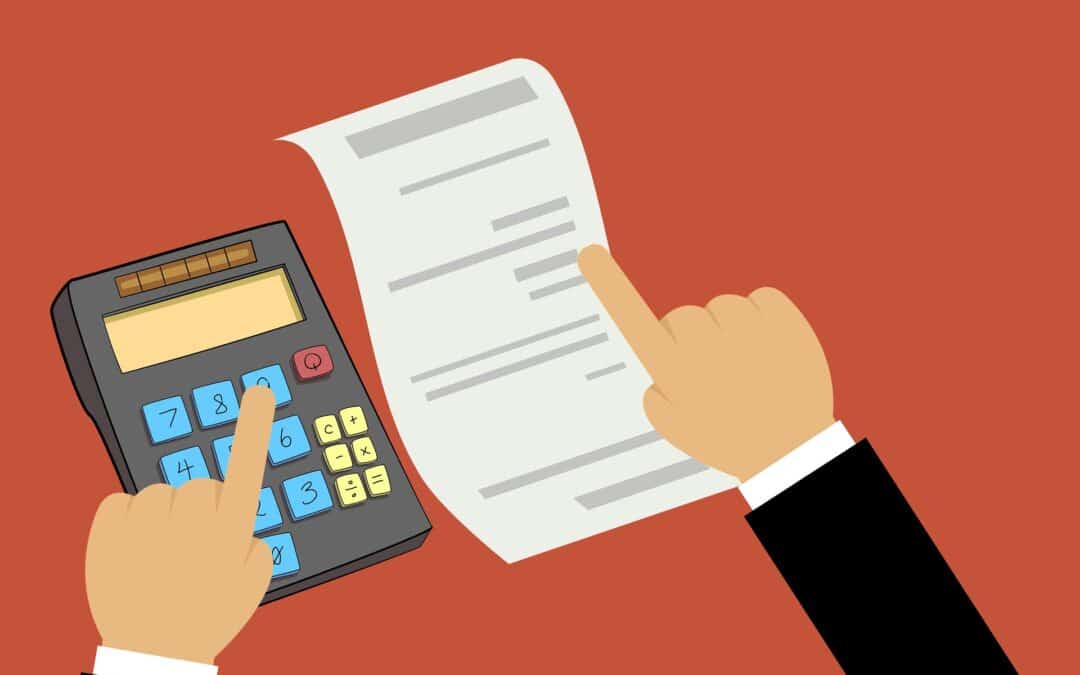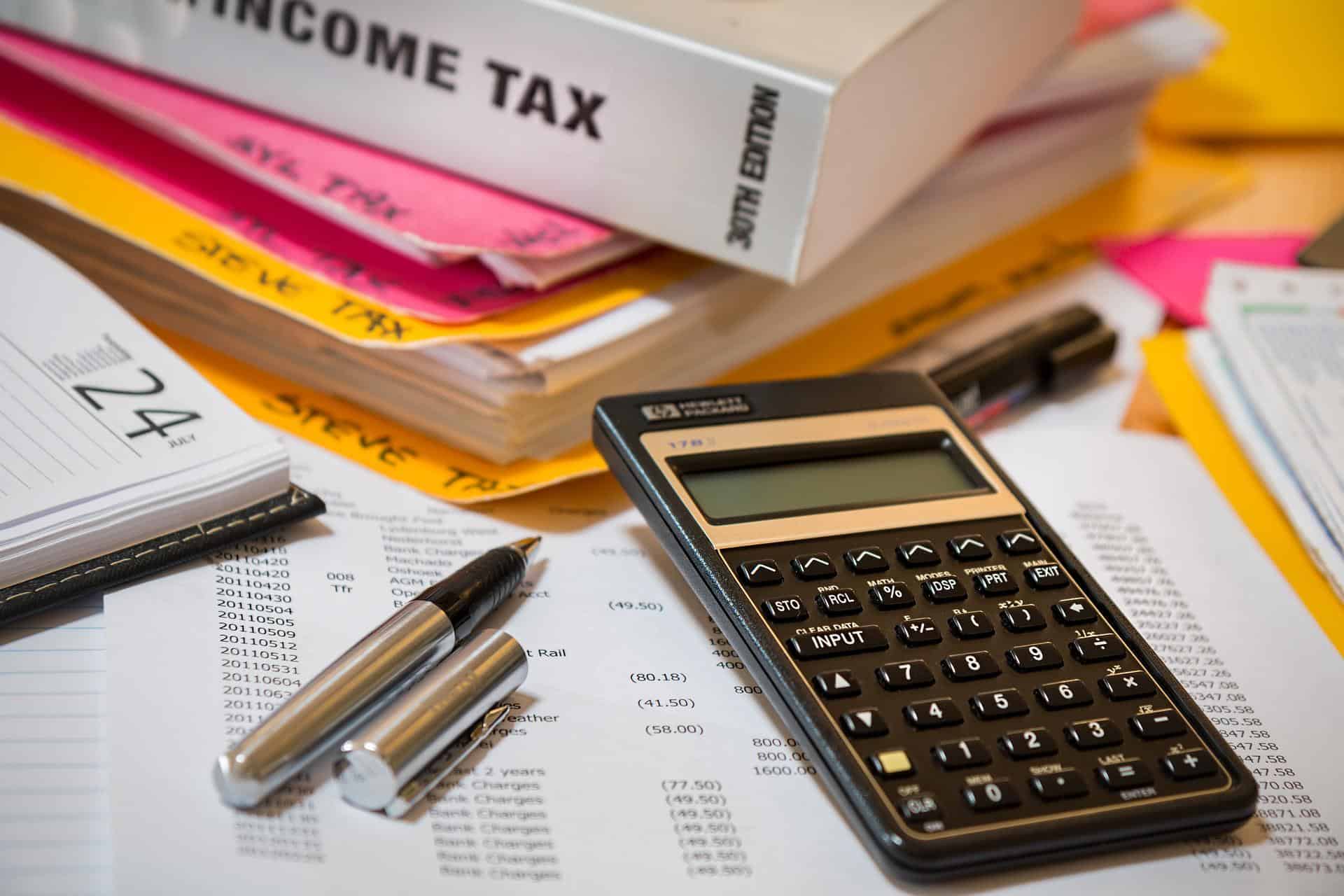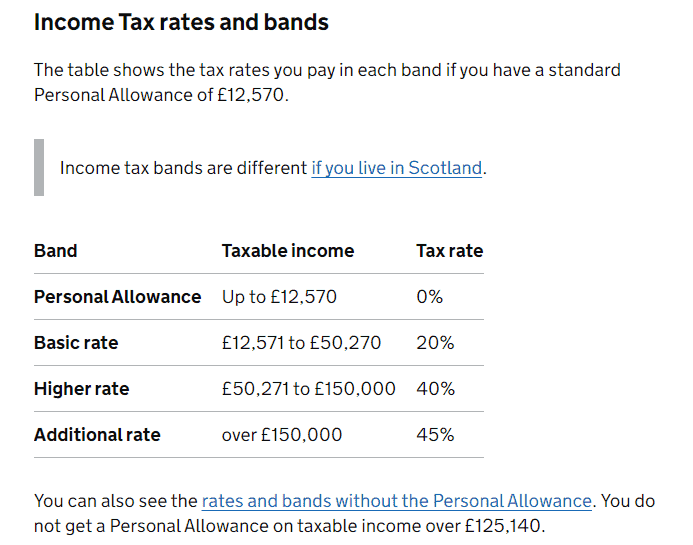Beginning last week, we have received more and more customer enquiries, mainly focusing on personal income tax and stamp duty required for home purchases.
Today, we will mainly explain the relevant issues about income tax to help our customers understand and estimate taxes.
Since the situation of customers is mostly different, we have explained it in detail here according to different situations.
In fact, income tax is not complicated, and understanding how income tax and personal allowances work will help you better plan your income.
You can also estimate your after-tax income using the Income Tax Calculator
Parts subject to tax:
- Income from your work
- If you’re self-employed, that’s your profit – including services sold through the website or app
- Most pensions, including state pensions, company and personal pensions and retirement annuities
- Rental income (unless you are a co-owner and are receiving less rent than the room limit)
- Benefits you get from work
- Income from a trust
- Interest on savings over your savings allowance
Parts not subject to tax:
- The first £1,000 of self-employment income – this is your ‘transaction allowance’
- The first £1,000 of income from your rental property (unless you are on a rental plan get less than the rent a room limit )
- Income from tax-free accounts such as Individual Savings Accounts (ISAs) and National Savings Certificates
- Company stock dividends under your dividend allowance
- some state benefits
- Premium Bond or National Lottery Winning
- The rent received from the tenant is less than the rent limit
Personal allowance
The standard personal allowance is £12,570 (as shown in the table above), which is the amount of income you are not subject to tax.
If you apply for Marriage Allowance or Blindness Allowance, your personal allowance may be more. If your income exceeds £100,000, the amount of the subsidy will be reduced accordingly. (Please pay attention to the follow-up article for details)
In addition, you may be entitled to the following exemptions:
Your first £1,000 income from self-employment – this is your ‘trading allowance’
Your first £1,000 income from a rented property (unless you are using the Rent a Room Scheme)
Click to find out if you are eligible for trade and property allowances.



